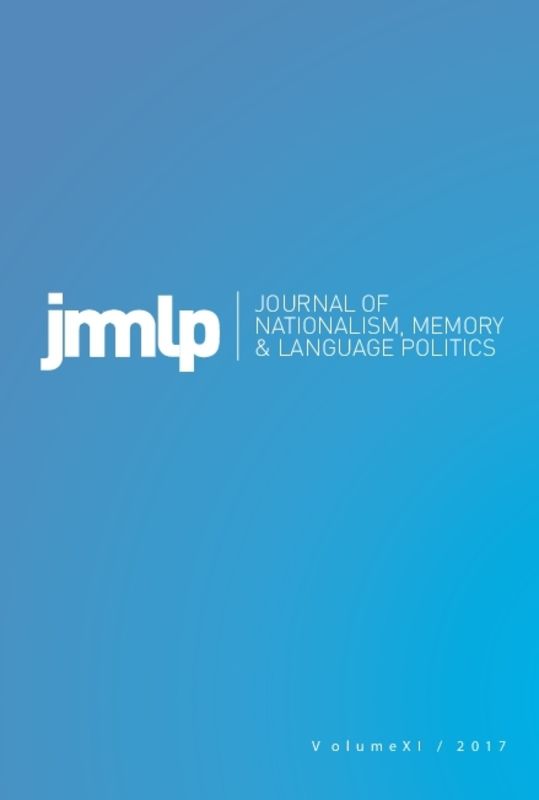Nations Beyond Interests. Emotional and Cognitive Motives in the Development of National Identities
Nations Beyond Interests. Emotional and Cognitive Motives in the Development of National Identities
Author(s): István KollaiSubject(s): History, Social Sciences, Sociology, Political history, Nationalism Studies
Published by: Univerzita Karlova v Praze, Fakulta sociálních věd
Keywords: nationalism; national interest; separatism; emotions; historicism;
Summary/Abstract: In mainstream academic discourse, the emergence of national identities has mostly been explained from a powerful modernist approach, claiming that nations, as we know them today, are modern and constructed phenomena. This implies that the spotlight of research has been on interest-based homogenization motives and how they can create mass loyalty as an efficient sociocultural basis for political elites and capitalist markets. Nevertheless, attention might be slightly diverted from the possible emotional and cognitive motives of national identities. According to the conceptualization in this paper, interest- based motives can be paired with these emotional and intellectual motives, together constituting a generally relevant tripartite concept of national self-identification, where emotionality can be revealed through the “irrational” separatist feature of modern nationalisms, while cognitive motives are embodied in the expectations towards nations to offer intellectually defendable meaningful explanations about a collective origin and “our” place within the world. Without questioning the significance of means-end rationality behind the national homogenization processes, all of this points to a rather interrelated entanglement of motives where the development of the attitude of “belonging to a nation” is fueled not solely by interest, but emotional (“separatist”) motives and cognitive-intellectual (“historizing”) motives alike. As a result, we can establish a conceptual framework, not stressing the primacy of any of these motives within nationalisms, but instead focusing on the possible ways in which interest-based need for homogenization can collude with the emotional need of cultural boundary-making (separatism) as well as with the intellectual need for coherent explanations of state of affairs (historicism).
Journal: Journal of Nationalism, Memory & Language Politics
- Issue Year: 17/2023
- Issue No: 01
- Page Range: 53-75
- Page Count: 23
- Language: English

